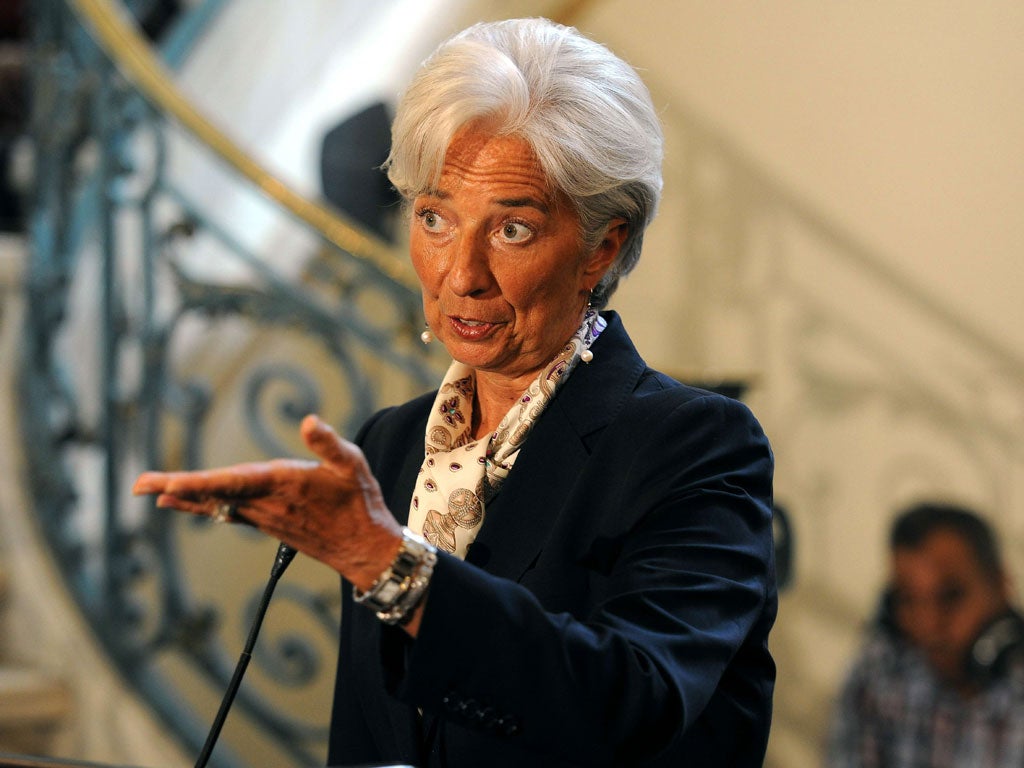Egypt's leaders under strain as fuel shortage adds to economic misery

Egypt's leaders were under increasing strain last night as a fuel shortage heaped pressure on the battered economy and officials met with world finance chiefs to discuss a multi-billion dollar development loan.
It emerged this week that Egypt's state petroleum company had been struggling to import fuel from foreign suppliers, as global banks refused to finance deals in the wake of the uprising which shook the country last year.
Instead ministers have been forced to seek loans from other high risk traders, but the sky-high interest rates have dented the treasury's balance sheet. The problems have added more pressure on officials following 18 months in which the economy was ravaged by a wilting tourism sector and sluggish growth.
It has also led to speculation that the petrol shortage might detonate what analysts believe is a ticking time bomb involving the lavish fuel and food subsidies which the government uses to drive down prices for ordinary Egyptians. Hampered by piecemeal growth and reliant on high risk lenders, Mohamed Morsi may find it impossible to justify the decades-old subsidy system, which costs the government £10 billion a year and devours a fifth of the overall budget.
That possibility could be forestalled by a multi-billion dollar plug from the International Monetary Fund (IMF). The head of the IMF, Christine Lagarde, has been in Cairo this week discussing the possibility of a loan package worth up to $4.8 billion (£3bn).
Yet even this solution may lead to strife. An IMF loan could well come on the condition that Egypt trims its finances, loosens regulations and opens up its markets.
This week leftists demonstrated outside Cairo's Cabinet offices, saying that an IMF package would lead to the continuation of Mubarak-era policies which often served to line the pockets of a corrupt kleptocracy. Yet with Mohamed Morsi in the presidential palace and the Muslim Brotherhood in the ascendency, Egypt does not look likely to veer too far away from a model of free market, Western-style capitalism.
According to Egyptian economist Mohamed el-Dahshan, the Muslim Brotherhood is "extremely pro-market". "It's something they don't advertise very well because they realise it might not be popular," he said. "From a personal perspective, a lot of the Muslim Brotherhood leadership and people involved in the economic agenda are heavy-weight business people."
A previous bid to secure an IMF loan in the summer of 2011 was dropped. According to Mr El-Dahshan, who observed the negotiations, the plan was torpedoed by military leaders who feared its political implications.
Subscribe to Independent Premium to bookmark this article
Want to bookmark your favourite articles and stories to read or reference later? Start your Independent Premium subscription today.

Join our commenting forum
Join thought-provoking conversations, follow other Independent readers and see their replies